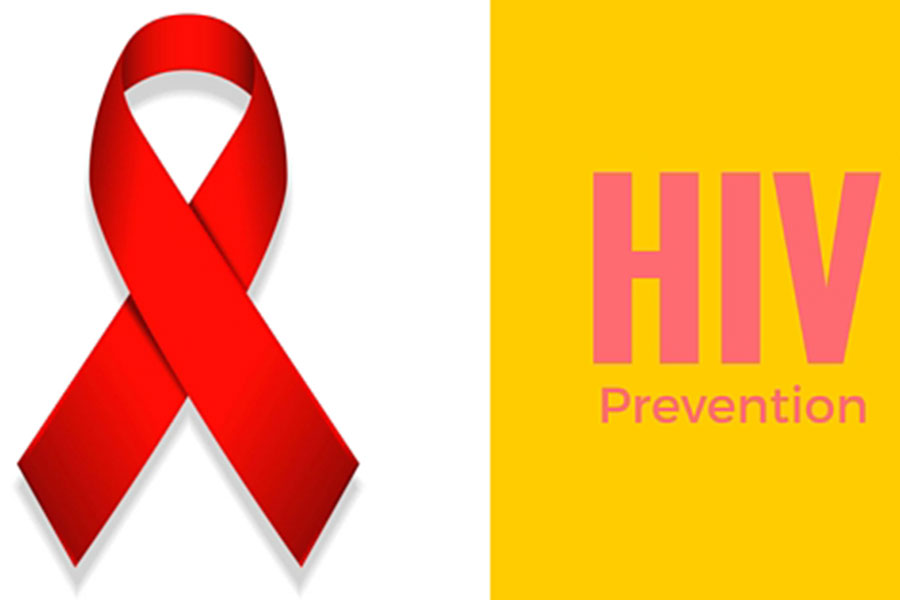Action Wellness, along with community providers including COLOURS, Bebashi, Mazzoni Center, Philadelphia FIGHT, Health Center #1, Kensington Hospital and Ambulatory Health Services have been working to get the word out about Philly’s HIV prevention-navigation services, called Club 1509.
Services are available to people at highest risk of acquiring HIV, including male-identified people having sex with other men (MSM) and transgender individuals. Here are the top four things you need to know about services that can make a difference to you and your community:
1. People are being newly diagnosed with HIV. Many of us in Philadelphia know that HIV has evolved into a manageable chronic condition, yet in the city, there are nearly 19,000 people already living with HIV and nearly 500 people contracted it in 2016 (aidsvu.org). These new infections include an astonishingly disparate rate among men of color. The Centers for Disease Control and Prevention (CDC) estimates the lifetime risk of HIV as 1 in 2 for black and African American MSM and 1 in 4 for Latinx MSM. During outreach and education efforts, Action Wellness’ staff regularly meets people who are looking for more information and resources. Tyrik Dean, assistant prevention navigator, believes in the meaningful impact outreach and education can have within communities.
2. Many options exist to reduce HIV risk. The newest tools in the HIV-prevention tool box include: PrEP, condoms/lube, U=U, positioning, reduce number of partners and sex behavior. PrEP stands for pre-exposure prophylaxis and it is the use of anti-HIV medications that keep HIV-negative people from becoming infected. Other options include engaging in oral sex (less risky than anal penetration); positioning; bottoms are at a higher risk than tops; remember condoms with lots of lube; or if condoms are not your style, still use the lube; U=U: undetectable equals untransmittable. So if your sex partner(s) are HIV+, but have an undetectable viral load, there is no risk of transmission. For more ideas, check out the HIV Risk Reduction Tool at: https://wwwn.cdc.gov/hivrisk/
3. Philly’s new Bottom Line Sexual Health Education Group has started. Join the conversation, led by community members Erik Soto and Anthony Fluellen the last Wednesday of each month at 6pm at COLOURS, 1211 Chestnut Street, Suite 910. This is an open discussion group for male-identified people. Topics range from ways to enhance sexual pleasure, disclosure/communication, relationships and hook-up culture.
4. Club 1509 prevention services are free and readily available.
Club 1509 opens the door to PrEP and other services such as HIV testing, job-readiness training, food assistance, housing information, drug- and alcohol- treatment services, health insurance and more. Action Wellness can provide PrEP on site at our Annex West Health Center at 3990 Filbert Street (in the Action Wellness West office). The health center is open to anyone for primary care, HIV care and PrEP. “Our program is designed to meet people where they are personally and in the community,” said Soto.
For more information about the 1509 program at Action Wellness, check out our website: www.actionwellness.org/services/club-1509/
